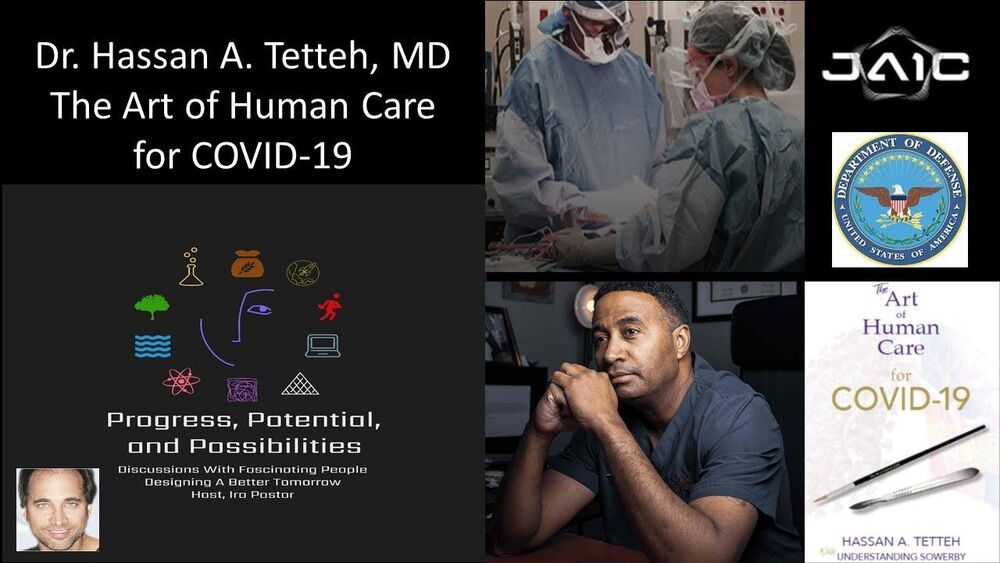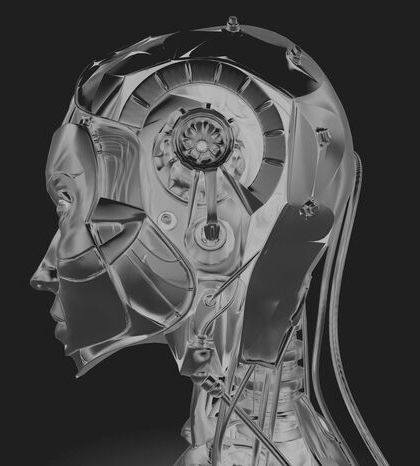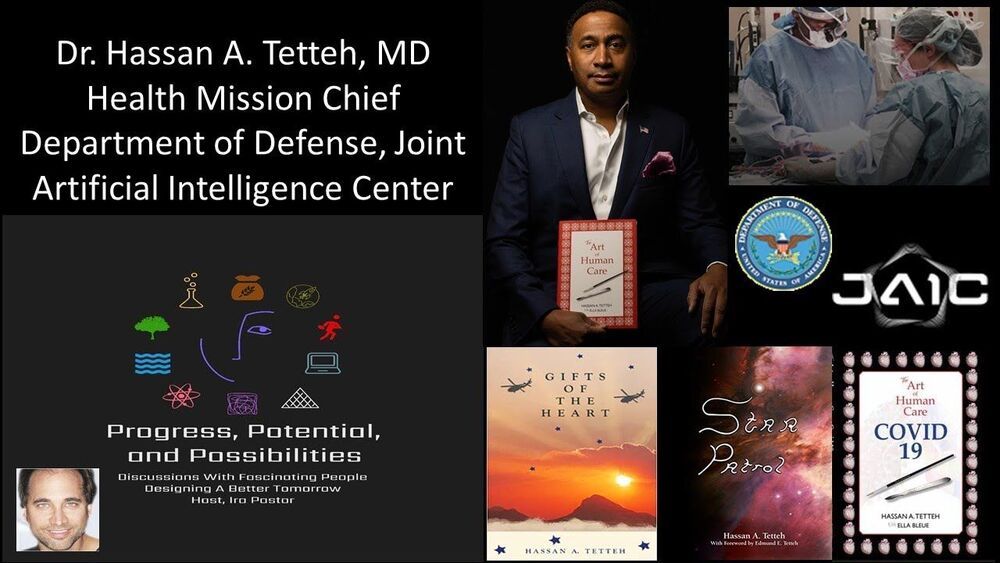May 21, 2021
Is nature continuous or discrete? How the atomist error was born
Posted by Lawrence Klaes in categories: ethics, particle physics
The modern idea that nature is discrete originated in Ancient Greek atomism. Leucippus, Democritus and Epicurus all argued that nature was composed of what they called ἄτομος (átomos) or ‘indivisible individuals’. Nature was, for them, the totality of discrete atoms in motion. There was no creator god, no immortality of the soul, and nothing static (except for the immutable internal nature of the atoms themselves). Nature was atomic matter in motion and complex composition – no more, no less.
Despite its historical influence, however, atomism was eventually all but wiped out by Platonism, Aristotelianism and the Christian tradition that followed throughout the Middle Ages. Plato told his followers to destroy Democritus’ books whenever they found them, and later the Christian tradition made good on this demand. Today, nothing but a few short letters from Epicurus remain.
Atomism was not finished, however. It reemerged in 1417, when an Italian book-hunter named Poggio Bracciolini discovered a copy of an ancient poem in a remote monastery: De Rerum Natura (On the Nature of Things), written by Lucretius (c99–55 BCE), a Roman poet heavily influenced by Epicurus. This book-length philosophical poem in epic verse puts forward the most detailed and systematic account of ancient materialism that we’ve been fortunate enough to inherit. In it, Lucretius advances a breathtakingly bold theory on foundational issues in everything from physics to ethics, aesthetics, history, meteorology and religion. Against the wishes and best efforts of the Christian church, Bracciolini managed to get it into print, and it soon circulated across Europe.

















